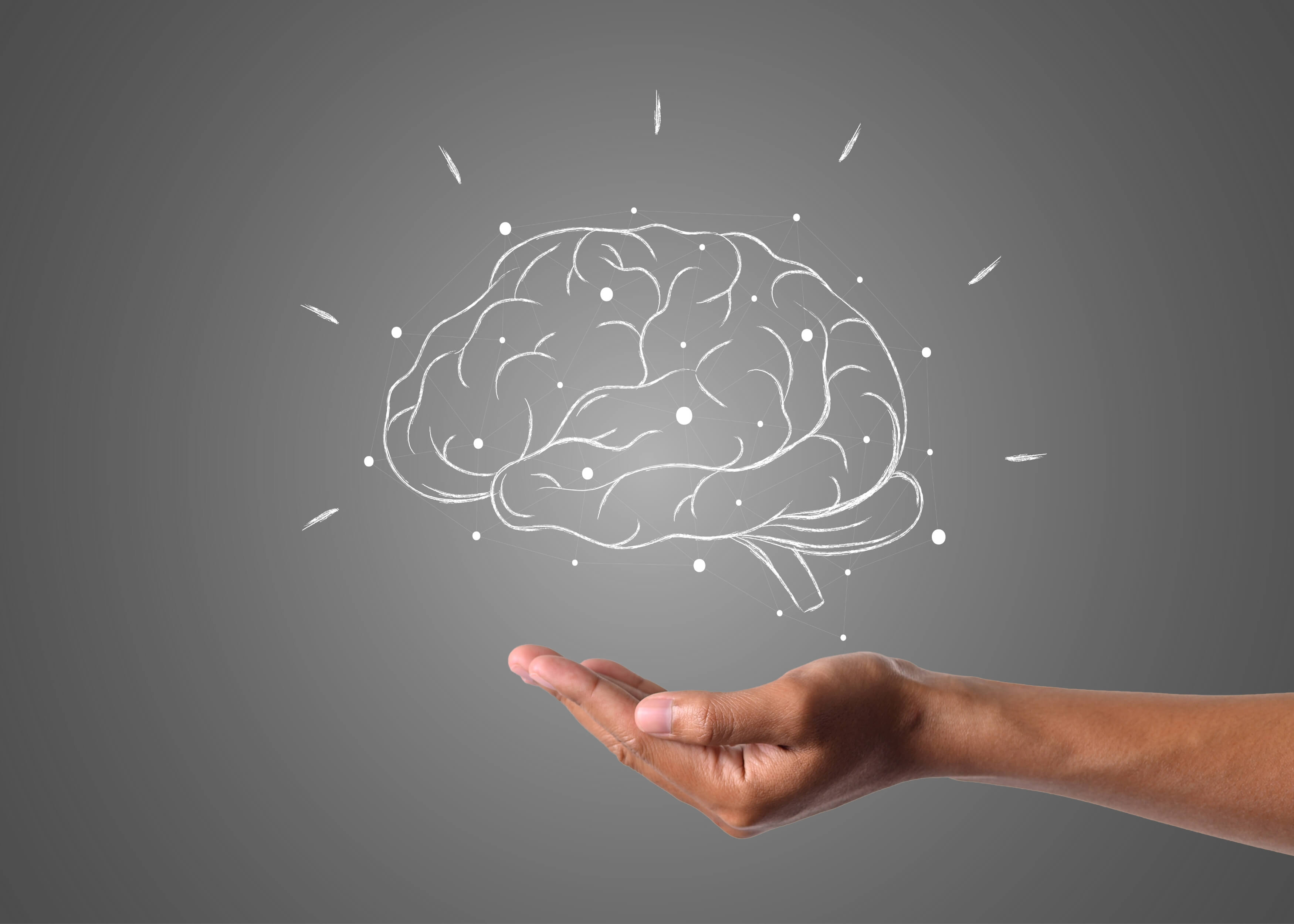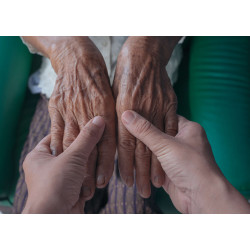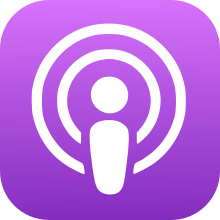Dementia Overview
Dementia
- Dementia is the overall term used to describe the inability to remember, think, and/or make decisions that interfere with everyday activities. 🧠
- During the pandemic, we have seen a mental decline in many of our loved ones suffering dementia due to isolation, and things being far away from normal. 😷
- The lack of education on this syndrome is worrying, considering how common it is, and it is important for the wellbeing of families around the person suffering dementia, to understand and be well educated on all aspects of dementia, from symptoms to medication and management. 🎓

Types (there are many) however, I will talk about 4 of the more common diagnoses.
In order of most to least common ⬇️
- Alzheimer’s
- Vascular dementia.
- Dementia with Lewy bodies.
- Frontotemporal degeneration/dementias: associated with brain injury, infections and alcohol abuse
What is it…
- Dementia is a syndrome 🧠
- Worsens with time ⌛
- Medication slows the decline 💊
Causes:
- Dementia due to damage or loss of nerve cells and their connections in the brain. The area of the brain that's damaged determines how people are affected.

Alzheimer’s Disease
Symptoms
- Confusion as to where they are and what they are doing
- Problems speaking/writing
- Lose things and are unable to find them
- Poor judgement
- Mood/personality change
Causes
- The most common type of dementia
- The causes aren’t always known
- A small amount of people with Alzheimer’s have a mutation of 3 genes which are passed from a parent to child, the most important is called apolipoprotein E4
- The patient will have a plaque of protein called beta-amyloid and fibrous tangles called tau protein in their brain, which damage healthy neurons
- Hippocampus affected early on, this area is responsible for making memories
Stages
- No cognitive decline
- Misplacing/forgetting words, however this may go unoticed as with age this can be normal
- Short-term memory loss
- Loss of interest, simple calculations are difficult, disoriented to time, clearer to the family that something is wrong, clinical diagnosis is common
- Forgetting their address and how to get dressed
- Failure to remember names of those close to them, severe confusion
- Unable to do anything without help, very difficult to talk
Vascular Dementia
- Due to one or more strokes
- Symptoms: similar to Alzheimer’s with the addition of:
- Memory problems that disrupt their life
- Trouble speaking, understanding
- Difficulty recognizing sight/sound
- Confusion, and agitation
- Problem walking, with frequent falls
- Damage to vessels that supply blood to the brain, damage to the fibers in the white matter of the brain. White matter is thought to help with learning and brain function. It improves the speed of electrical signals to the axons.
- Blockage of small vessels in the brain.
Dementia with Lewy Bodies
- Lewy body are small deposits of protein that form in the cortex of the brain, cell communication is damaged and brain cells die
- Related to Parkinson’s disease
- Symptoms: problems thinking, memory trouble, hallucinations, fatigue during the day, times where they blank out, trembling, slowness, dreams where they kick and talk
Frontotemporal Degeneration/Dementias
- Associated with brain injury, infections and alcohol abuse
- Cells in the brain are damaged
- Symptoms: personality change, lack of self-awareness when in social situations, problems thinking of the right word
- Breakdown of nerve cells and connections in frontal and temporal lobes. These are associated with our personality, language, and behaviour.
- Those areas of the brain begin to shrink
- Runs in families
History and Examination at the GP
- The doctor would usually ask questions about cognitive, behavioural, and psychological symptoms impacting the patient’s daily life
- If the patient loses insight when being asked questions regarding their memory difficulties, find it difficult to answer the questions, continuous use of humor or “I don’t know” to avoid the subject matter or the accompanied adult has to reply, then dementia is more likely
- Ruling out functional memory disorder
- They will also use a 10 point cognitive screener or similar
- Blood and urine tests checking the full blood count, B12 and folate, urea and electrolytes, liver, TSH (thyroid), calcium, and glucose

Secondary Care/Specialists
- Neurologists test for Creutzfeldt-Jakob disease when the patient has suspected rapid progressive dementia using a cerebrospinal fluid examination
- Creutzfeldt-Jakob disease is when the brain progressively declines leading to dementia and eventually death, it is very similar to Alzheimer’s
- CT/MRI scans to rule out reversible cognitive decline
Treatment and Care Conditions
- A doctor will assess the patient’s living conditions
- Provide information about services available
- Involve the patient’s carer and family
- Constant assessment of the current plan
- Carers are told about dementia and the disease progression, how to make things enjoyable, and are provided with support

Maintenance
- Increase in physical activity
- Stopping smoking
- Medications, prescribed by the doctors
- Cognitive training
- Alcohol reduction
- Weight management
By Noor Elabd
i-medics Vice President (2021-22)
Related Articles
Everything you need to know about Dementia in 60 seconds!














